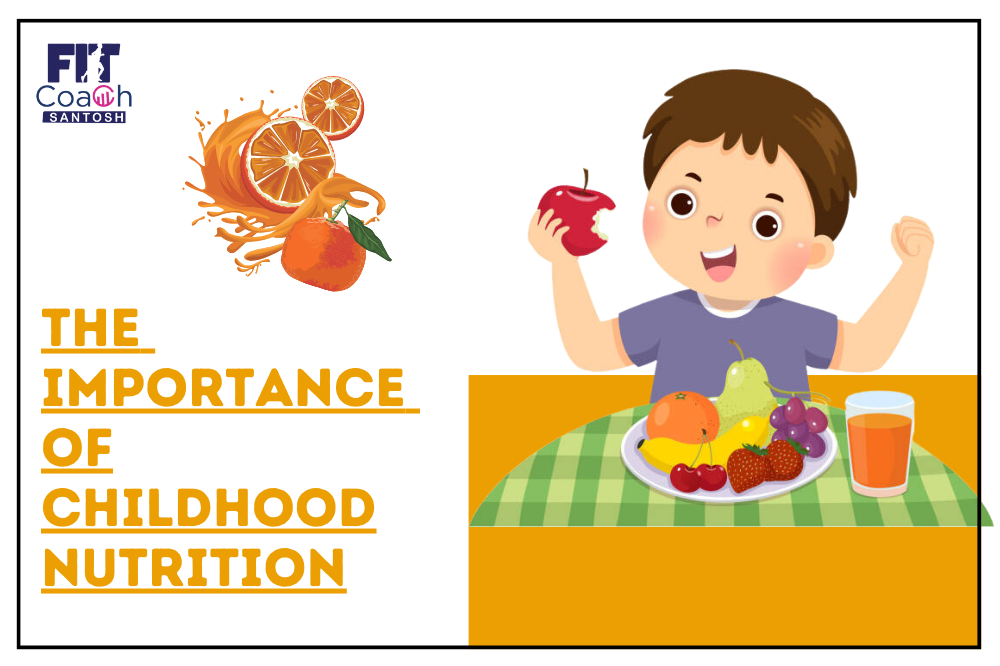Introduction
Childhood is a time of incredible growth and development. It’s when the foundation for a healthy and thriving life is laid. Proper nutrition during this critical period is essential, as it not only supports physical growth but also cognitive development, immunity, and overall well-being. In this blog, we’ll explore the significance of childhood nutrition and provide practical tips for ensuring that your child receives the nutrients they need to flourish.
The Impact of Childhood Nutrition
- Physical Growth: Children grow rapidly during their early years. Adequate intake of nutrients like protein, calcium, and essential vitamins is crucial for building strong bones, muscles, and organs.
- Brain Development: The brain undergoes significant development during childhood. Nutrients like omega-3 fatty acids, choline, and iron play vital roles in cognitive function and can influence a child’s learning abilities.
- Immune System: A well-balanced diet helps strengthen a child’s immune system, making them more resilient to infections and illnesses.
- Energy and Stamina: Children are often bundles of energy, and they need proper nutrition to fuel their active lifestyles. Carbohydrates and healthy fats provide the energy necessary for play, exploration, and learning.
- Healthy Eating Habits: Childhood is when lifelong eating habits are established. Encouraging a diverse and nutritious diet sets the stage for a lifetime of better health choices.
Tips for Ensuring Childhood Nutrition
- Balanced Diet: Offer a variety of foods from all food groups – fruits, vegetables, grains, protein sources (e.g., lean meats, beans, tofu), and dairy or dairy alternatives. This helps ensure a broad spectrum of nutrients.
- Portion Control: Pay attention to portion sizes to prevent overeating. Use age-appropriate serving sizes and encourage your child to eat slowly and savor their food.
- Limit Sugary and Processed Foods: Minimize the consumption of sugary snacks, sodas, and highly processed foods. These can lead to weight issues and dental problems.
- Hydration: Encourage your child to drink plenty of water throughout the day. Limit sugary beverages like soda and fruit juices.
- Family Meals: Whenever possible, have meals together as a family. It promotes healthy eating habits and provides an opportunity for positive social interactions.
- Snack Wisely: Choose nutritious snacks like fruits, vegetables, yogurt, and nuts. Avoid constant grazing and excessive snacking between meals.
- Be a Role Model: Children learn by example. Be a role model for healthy eating habits, and they are more likely to follow suit.
- Consult a Pediatrician: If you have concerns about your child’s nutrition or growth, consult a pediatrician or a registered dietitian. They can provide guidance tailored to your child’s specific needs.
Conclusion
Childhood nutrition is a cornerstone of lifelong health. By providing your child with a well-balanced diet and teaching them healthy eating habits, you’re setting them up for a brighter future. Remember that every child is unique, so it’s essential to adapt your approach to their individual needs and preferences. Invest in their health today, and you’ll be nurturing a future filled with vitality and well-being.


